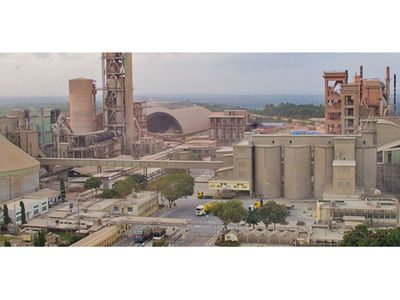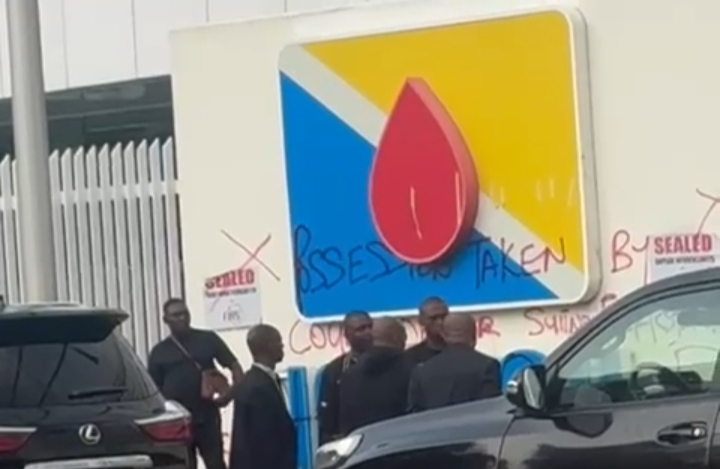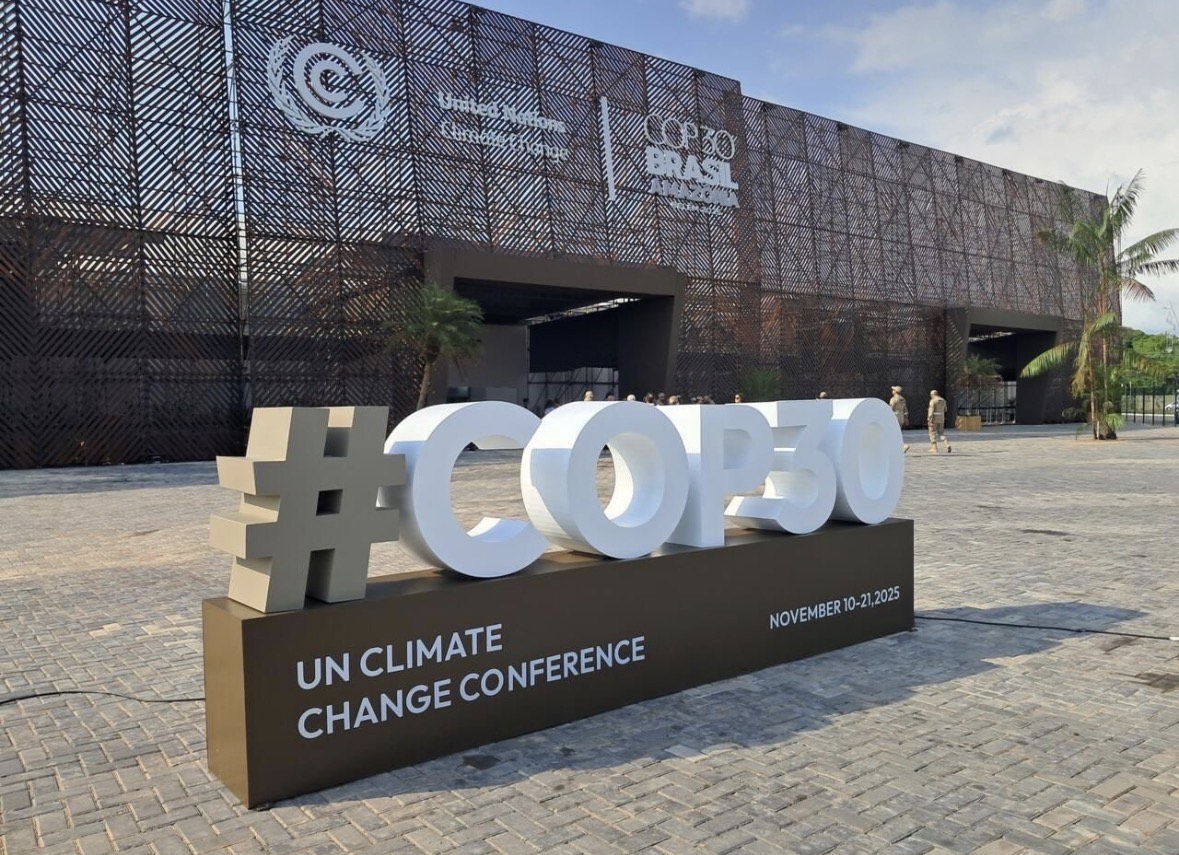
If the first chapter of the Springfield controversy focused on influence, the second exposes something even more alarming: a vast network of political actors, institutional leaders, and private individuals who believe they can profit from the state’s potential acquisition of Springfield’s disputed oil asset.
What is unfolding is not just a questionable commercial deal; it is a case study in how public resources are exploited to serve private interests across the political spectrum.
What is unfolding is not merely a questionable commercial transaction; it is a case study in how public resources are targeted to satisfy private expectations across the political divide of the ruling National Democratic Congress (NDC) and the opposition New Patriotic Party (NPP).
Information available to The Herald indicates that an astonishing number of people, from both past and present governments, have been verbally promised parts of the yet-to-be-verified asset. According to one insider, the cumulative percentage of these “allocated” shares exceeds 100%. This means more people believe they have stakes in the block than the block itself could ever account for.
These purported beneficiaries extend beyond political parties to include state institutions and the private sector. Their expectations are neither supported by documentation nor rooted in any proper contractual agreement. Interestingly, even those, including Swiss-based Petraco Oil Company SA, with genuine documents after the transaction, did not see the terms and conditions of the deal honoured.
Instead, they seem to be based on casual assurances from individuals close to the transaction, creating a dangerous illusion of ownership that is now exerting intense pressure on the Mahama government to take control of an asset the market has rejected, even through a forced unitisation, which has undergone international arbitration at the behest of the Italian oil giant, ENI.
This dynamic explains why the clamour for a state takeover has persisted despite overwhelming technical evidence that the resource is not commercially viable. The motivation is not national interest; it is the fear of personal loss.
There is a trail of complicity from the block award to the current deal. Industry observers note that the distribution of supposed shares did not start today. Individuals allegedly promised a share of the pie include: those involved in awarding the block years ago, individuals in regulatory institutions who oversaw the appraisal programme, actors within GNPC and Explorco, political figures linked with both the previous government and the current administration, and business associates who funded activities under the belief that they would later be compensated through the asset.
The lack of documentation does not deter these claimants; in fact, it encourages them. With nothing recorded, everyone claims their rights informally, leading to chaos where political influence becomes the sole currency.
This has left several unwary businesspeople and political financiers exposed. They invested resources based on promises rather than formal agreements, expecting the state to eventually honour these informal commitments. Now, they are pressuring the system to turn rumours into reality.
A striking phenomenon has emerged: individuals with no technical justification for the asset’s value are among the loudest advocates of a state buyout. On one prominent WhatsApp platform, a former GNPC executive linked to the NDC was visibly agitated as he fought off the latest public scrutiny surrounding the Springfield transaction. His aggressive defence of the takeover was less about geology and more about protecting a narrative, and perhaps protecting expectations and personal interests hatched during his tenure at the GNPC.
Several meetings and urgent consultations reportedly took place yesterday following The Herald’s publication. Stakeholders who believe they have something to lose are scrambling to control the messaging, shape decision-making, and ensure the transaction appears legitimate.
Behind the scenes, the greatest fear is not that the asset is worthless. The greatest fear is that the public might finally understand how many private hands are waiting to profit from the deal.
Perhaps most concerning is the information reaching The Herald that the President is not being told the whole truth, having been surrounded by conflicting interests.
No one in his advisory circle is willing to state unequivocally that the resource is not commercially viable. Instead, he is being bombarded with half-truths, misleading assurances, and overly optimistic projections from individuals whose own interests depend on the deal progressing.
Even the most technical voices in the room seem to sow more confusion than clarity, relying on vague geological claims to suggest that oil will flow from a field many experts have judged as commercially unviable. Honesty has become a scarce commodity.
A President found himself navigating a swamp of conflicting narratives, surrounded by actors who speak less about national interest and more about recovering the money they invested, directly or indirectly, in political campaigns or speculative deals.
Ghana now faces a critical juncture. Once more, the country risks diverting public funds into a deal driven not by technical excellence, economic reasoning, or national interest, but by private promises, political debts, institutional weaknesses, and hidden beneficiaries seeking repayment through state resources.
The effort to advance this deal is hardly connected to energy security or upstream development. Instead, it seeks to convert private losses into public responsibilities.
The country must rise to the occasion. This is not just about Springfield, it’s about the integrity of Ghana’s petroleum governance. It’s about preventing a dangerous precedent where informal promises and political sponsorship form the basis for billion-cedi state decisions.
The Herald will continue tracking the trail because Ghanaians deserve transparency and accountability. They also deserve to know that national resources are not being weaponised to settle private accounts.
The nation is watching. And this time, the truth must prevail.
It comes as the Mahama government, in a press release, frames its planned takeover of Springfield’s assets as part of a national strategy to safeguard petroleum resources, which may appear procedurally correct, but is seen as a state bailout of a block which has many questions surrounding it.
A statement signed by Richmond Rockson, Spokesperson and Head of Communication at the Ministry of Energy, has disclosed that the Government of Ghana is considering a state-led takeover of Springfield Exploration and Production Limited’s (SEP) stake in the West Cape Three Points Block 2 (WCTP2) as part of efforts to safeguard declining petroleum assets and boost national oil production.
It said GNPC and its upstream subsidiary, GNPC Explorco, are in “constructive discussions” with SEP regarding a takeover. The move forms part of the government’s broader strategy to optimize upstream output and prevent valuable resources from remaining idle due to “prolonged commercial or operational bottlenecks.”
To guide the process, the Petroleum Commission and GNPC are procuring an independent Technical Consultant and Transactional Advisor. Their work will include a full technical assessment of the block, a cost audit of past expenditures, financial due diligence, and an independent valuation of SEP’s interest to determine its fair value.
“Government considers it urgent to advance the development of the WCTP2 resource base,” the statement noted, citing the country’s declining crude production and global uncertainties within the energy transition. Officials believe timely intervention will prevent further delays, unlock economic value, sustain upstream revenues, and strengthen Ghana’s energy security.
The Ministry’s statement dated Wednesday, 19th November 2025, added that any future development of the block could involve partnerships with technically experienced deep-water operators to accelerate output.
Government also reiterated its commitment to local content, saying the intervention aligns with national policy objectives to build a “competitive, resilient, and locally empowered oil and gas sector.”
The statement stressed that the ongoing process does not interfere with any investigations involving SEP or its affiliates, adding that due process and institutional independence remain fully respected
The post Unholy political alliance & personal interest fueling Springfield’s State bailout appeared first on The Herald ghana.







